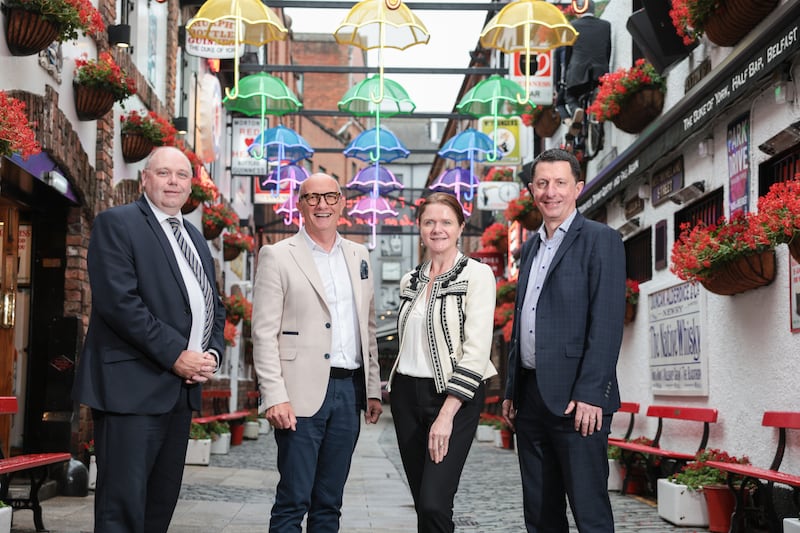WHILST everyone’s attention may be elsewhere at present, and possibly for some time, I was brought back to reality lately as I reviewed a report by the Ulster University Economic Policy Centre.
The report delivered an assessment of the impact of the increased cost of doing business on the economy, and honed in on sub-sectors of the private sector in Northern Ireland, highlighting those most impacted.
Unfortunately, but not unexpectedly, the hospitality sector was confirmed, by evidence, as one of the corners of our economy that is struggling the most.
A cursory glance at the information presented deceivingly suggested that all may be well in the sector, after all, turnover is up 10 to 20 per cent on 2019 levels.
But, a closer inspection revealed that profitability has plunged by 50 to 60 per cent as businesses are still binding wounds and repairing the damage of prolonged lockdowns.
Energy, cost of living pressures on households, cost of food and staffing were all highlighted as formidable barriers to profitability. According to the Asda Income Tracker, discretionary income has fallen significantly in Northern Ireland – the lowest of all UK regions.
As a result, this has left many in the hospitality sector planning for two scenarios: break even, or tackle the question of how much they can actually absorb.
Aside from this, cost uncertainty has also left a massive question mark over financial planning for business owners and access to staff and skills remains a major issue as even businesses with a replacement only recruitment policy are still struggling to fill vacancies.
It’s glaringly obvious that although we have moved a step in the right direction towards rectifying some of the wider economic issues lately, there is a long way to go before there is light at the end of the tunnel for the hospitality sector. This is a sector that has been in survival mode since the pandemic, and the challenges have been exacerbated since.
Now we need to grapple with energy and food price increases coupled with a customer cost of living crisis. Businesses are not in a position to invest for growth and that is a scary place to be in for a sector that has a focus on the changing demands of customers. Customers who are being squeezed all the same time.
We live in hope that the same political will, energy and impetus that has been demonstrated this past week will be replicated when it comes to rescuing our brilliant pubs and restaurants from our current economic peril.
We wait in hope for the resurrection of the Northern Ireland Assembly and Executive, which must address a great number of policy considerations at ministerial level.
For now, we work hard and do what we do best – look after the faithful and loyal customers who have helped us weather the challenges and uncertainties.
:: Colin Neill is chief executive of Hospitality Ulster








